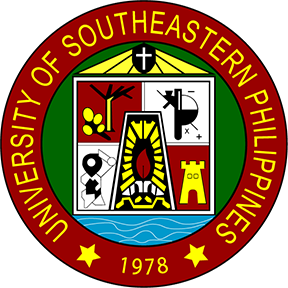EDUCATIONAL DATA MINING
Educational Data Mining (EDM) is defined as the application of data mining techniques on raw data from
educational systems to discover hidden information as well as address educational questions and problems.
This course will cover about methods and technologies associated with EDM as well as discuss the
opportunities for education that these methods present and the problems that they may create. It is the goal of
this course for students to gain knowledge and skills to be intelligent producers and consumers of data mining
in education.
PUBLISHING RESEARCH PAPERS IN COMPUTING
The expectation to write well is inevitable, whether it will be for writing a paper for a course requirement,
conceptualizing your research proposal, generating your thesis chapters, and a lot more where a student
expects to write. Publishing a paper is a long and difficult process because it takes a lot of research work and
documenting. In this course, computer science students will be taught how to write a publishable paper. It is
the goal of this course to demystify the process of writing for publication so that our computer science graduates
will not only excel in the practical side of computer science but will also possibly have a flourishing career in
research and publication.
This course will cover techniques and algorithms for creating compelling visualizations based on principles from graphic design, visual art, perceptual psychology, and cognitive science. The course also covers understanding how visual representations can help analyze and understand complex data, how to design compelling visualizations, and build better visualization tools and systems.
This course is mainly exploratory, hypothesis testing and estimation techniques with network data are possible, but require specific statistical tools. This course will focus on relationships among social entities; examples include communication or opinion formation among members of a group, economic transactions between corporations, diffusion of viruses in the population. Moreover, it will have a practical focus and introduce students to a range of basic and more advanced SNA techniques. Mapping and exploring the network society, the course will continue apply (descriptive and inferential) statistical tools to network data. Students will also learn how to manipulate and analyze large samples of networks.
Intelligent Information Systems (IIS) are next generation information systems developed as a result of technologies integration from Business Intelligence and Artificial Intelligence. It introduces the latest techniques in artificial and computational intelligence that can be used to facilitate decision-making processes; and use Knowledge Management as a fundamental tool to support decision making processes ensure inclusive and equitable quality education and promote life-long learning opportunities for all.
